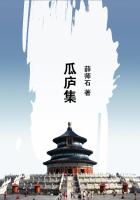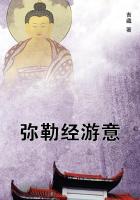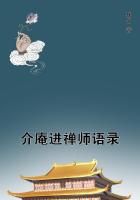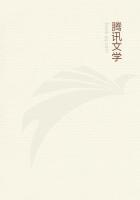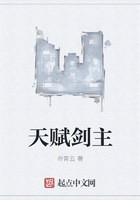The friendly relations between William Rufus and Anselm were disturbed when the former sought to exact large sums of money from his subjects to carry on war against his brother Robert. Among those who were expected to make heavy contributions, in the shape of presents, was the Archbishop of Canterbury, whose revenues were enormous,--perhaps the largest in the realm next to those of the King. Anselm offered as his contribution five hundred marks, what would now be equal to l0,000 pounds,--a large sum in those days, but not as much as the Norman sovereign expected. In indignation he refused the present, which seemed to him meagre, especially since it was accompanied with words of seeming reproof; for Anselm had said that "a free gift, which he meant this to be, was better than a forced and servile contribution." The King then angrily bade him begone; "that he wanted neither his money nor his scolding." The courtiers tried to prevail on the prelate to double the amount of his present, and thus regain the royal favor; but he firmly refused to do this, since it looked to him like a corrupt bargain. Anselm, having distributed among the poor the money which the King had refused, left the court as soon as the Christmas festival was over and retired to his diocese, preserving his independence and dignity.
A breach had not been made, but the irritation was followed by coolness; and this was increased when Anselm desired to have the religious posts filled the revenues of which the King had too long enjoyed, and when, in addition, he demanded a council of bishops to remedy the disorders and growing evils of the kingdom. This council the angry King refused with a sneer, saying, "he would call the council when he himself pleased, not when Anselm pleased." As to the filling the vacancies of the abbeys, he further replied:
"What are abbeys to YOU? Are they not MINE? Go and do what you like with your farms, and I will do what I please with my abbeys."So they parted, these two potentates, the King saying to his companions, "I hated him yesterday; I hate him more to-day; and Ishall hate him still more to-morrow. I refuse alike his blessings and his prayers." His chief desire now was to get rid of the man he had elevated to the throne of Canterbury. It may be observed that it was not the Pope who made this appointment, but the King of England. Yet, by the rules long established by the popes and accepted by Christendom, it was necessary that an archbishop, before he could fully exercise his spiritual powers, should go to Rome and receive at the hands of the Pope his pallium, or white woollen stole, as the badge of his office and dignity. Lanfranc had himself gone to Rome for this purpose,--and a journey from Canterbury to Rome in the eleventh century was no small undertaking, being expensive and fatiguing. But there were now at Rome two rival popes. Which one should Anselm recognize? France and Normandy acknowledged Urban. England was undecided whether it should be Urban or Clement. William would probably recognize the one that Anselm did not, for a rupture was certain, and the King sought for a pretext.
So when the Archbishop asked leave of the King to go to Rome, according to custom, William demanded to know to which of these two popes he would apply for his pallium. "To Pope Urban," was the reply. "But," said the King, "him I have not acknowledged; and no man in England may acknowledge a pope without my leave." At first view the matter was a small one comparatively, whether Urban was or was not the true pope. The real point was whether the King of England should accept as pope the man whom the Archbishop recognized, or whether the Archbishop should acknowledge him whom the King had accepted. This could be settled only by a grand council of the nation, to whom the matter should be submitted,--virtually a parliament. This council, demanded by Anselm, met in the royal castle of Rockingham, 1095, composed of nobles, bishops, and abbots. A large majority of the council were in the interests of the King, and the subject at issue was virtually whether the King or the prelate was supreme in spiritual matters,--a point which the Conqueror had ceded to Lanfranc and Hildebrand. This council insulted and worried the primate, and sought to frighten him into submission. But submission was to yield up the liberties of the Church. The intrepid prelate was not prepared for this, and he appealed from the council to the Pope, thereby putting himself in antagonism to the King and a majority of the peers of the realm.
The King was exasperated, but foiled, while the council was perplexed. The Bishop of Durham saw no solution but in violence;but violence to the metropolitan was too bold a measure to be seriously entertained. The King hoped that Anselm would resign, as his situation was very unpleasant.
But resignation would be an act of cowardice, and would result in the appointment of an archbishop favorable to the encroachments of the King, who doubtless aimed at the subversion of the liberties of the Church and greater independence. Five centuries later the sympathies of England would have been on his side. But the English nation felt differently in the eleventh century. All Christendom sympathized with the Pope; for this resistance of Anselm to the King was the cause of the popes themselves against the monarchs of Europe. Anselm simply acted as the vicegerent of the Pope. To submit to the dictation of the King in a spiritual matter was to undermine the authority of Rome. I do not attempt to settle the merits of the question, but only to describe the contest. To settle the merits of such a question is to settle the question whether the papal power in its plenitude was good or evil for society in the Middle Ages.

